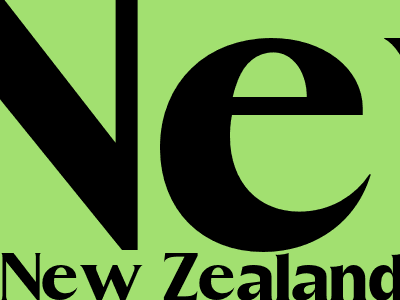
Māori Haka Protest Highlights Indigenous Rights in New Zealand
Māori Perform Haka in Protest Against Government Policies
In a powerful display of Indigenous resistance, Māori people in New Zealand have performed the traditional Haka dance in protest against government policies that they believe undermine their rights and sovereignty.
Haka: A Symbol of Māori Culture and Identity
The Haka, an ancestral Māori war dance, is a potent symbol of cultural identity and pride. It is typically performed before battles or important events as a way to intimidate opponents and demonstrate strength.
Protest Targets Water Rights and Resource Management
The Māori protests are specifically focused on the government's handling of water rights and resource management. Māori tribes claim that their traditional rights to manage their ancestral lands and waters are being violated by government policies that prioritize commercial interests over Indigenous guardianship.
Government Response and Dialogue
In response to the protests, the government has acknowledged the importance of Māori rights and has initiated dialogue with Māori leaders. However, critics argue that the government's actions have been insufficient and that meaningful change is still needed.
International Support for Māori Protests
The Māori protests have gained international attention and support, with Indigenous rights groups from around the world expressing solidarity. The protests have shed light on the ongoing struggle for Indigenous rights in New Zealand and the importance of respecting the rights of Indigenous peoples.
Continued Advocacy and Resistance
The Māori protests are ongoing, with Indigenous leaders vowing to continue advocating for their rights. The Haka has become a powerful symbol of their resistance and their determination to protect their culture and way of life.